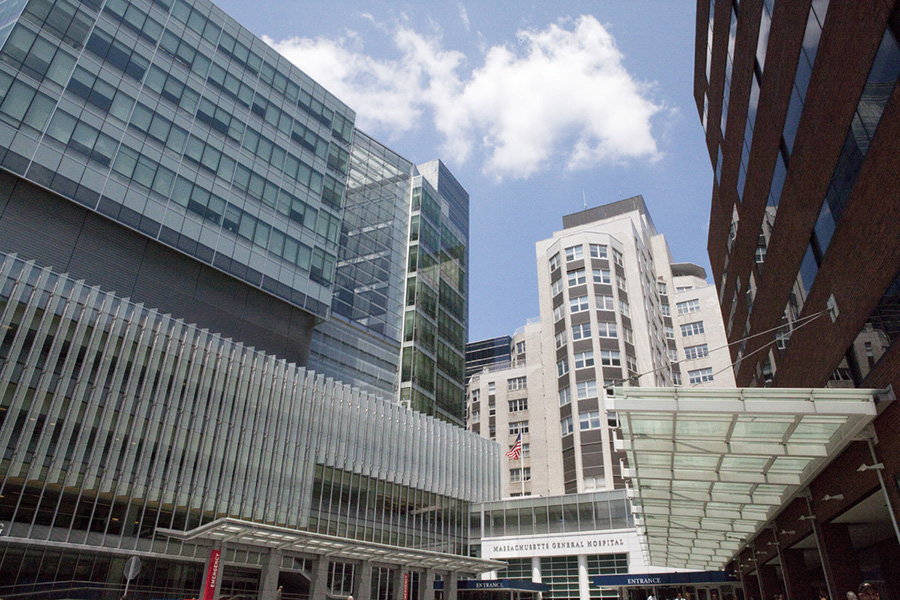Boston Hospitals Fined $1 Million for How They Handled Health Info for an ABC Show
Massachusetts General, Brigham and Women's, and Boston Medical Center paid a combined $1 million in fines related to the show "Save My Life: Boston Trauma."

Mass General photo by Samantha Carey
Three Massachusetts hospitals settled for a combined $1 million for the way they handled access to patients’ medical information on the ABC TV show “Save My Life: Boston Trauma,” federal regulators announced this week.
The U.S. Department of Health and Human Services and the Office for Civil Rights say the hospitals—Massachusetts General Hospital, Brigham and Women’s Hospital, and Boston Medical Center—did not properly handle health info, which is protected by the federal HIPAA law. Stringent standards apply to how and when patients’ sensitive medical information can be shared with third parties, and the feds say the hospitals didn’t follow them.
“Patients in hospitals expect to encounter doctors and nurses when getting treatment, not film crews recording them at their most private and vulnerable moments,” Roger Severino, director of the OCR, says in a release. “Hospitals must get authorization from patients before allowing strangers to have access to patients and their medical information.”
The show, one of many that have focused on the city’s renowned hospitals, first aired in 2015 and gave an inside look at medical professionals’ jobs.
Despite the settlements, the hospitals maintain that they did nothing wrong, and that patients themselves did not complain. “In fact, some patients and families expressed gratitude about being given an opportunity to share their stories and experiences in a way that could help others across the nation,” two hospitals—Mass General and the Brigham—said in a statement published in the Boston Business Journal.
You might recall a case where the show actually does appear to have saved someone’s life, when a Lynn resident recognized the symptoms of a heart attack while watching at home.
Another ABC medical show, “NY Med,” paid a $2.2 million settlement in 2016 after regulators found its crew improperly filmed two patients without first getting authorization.


